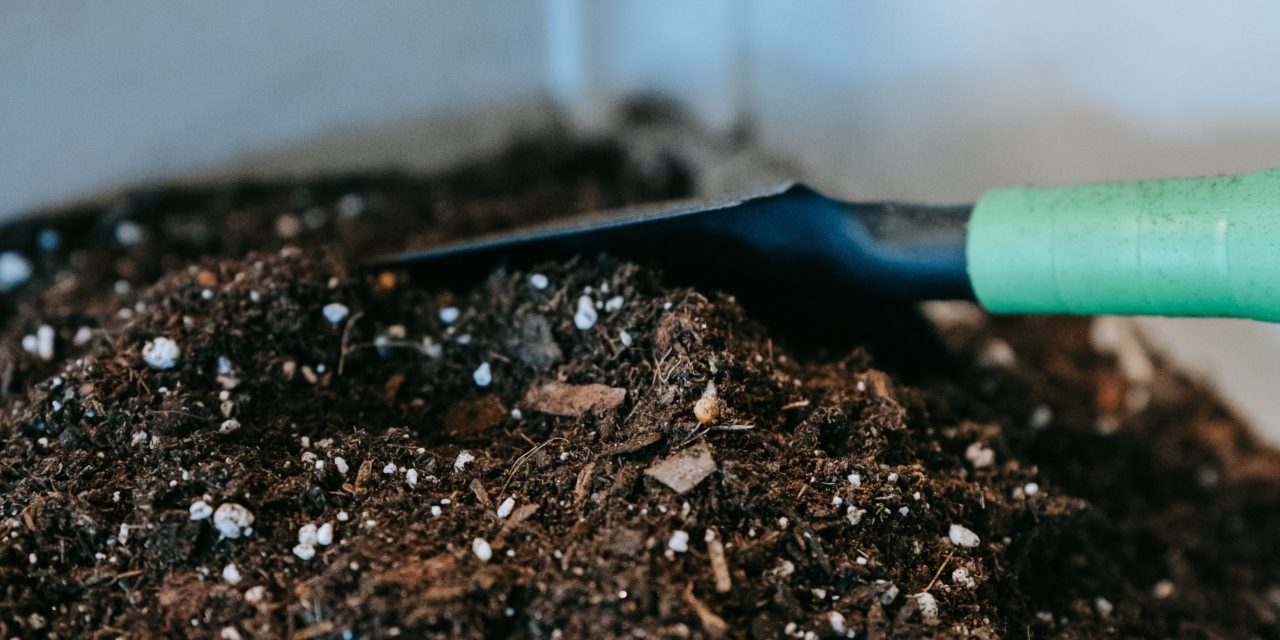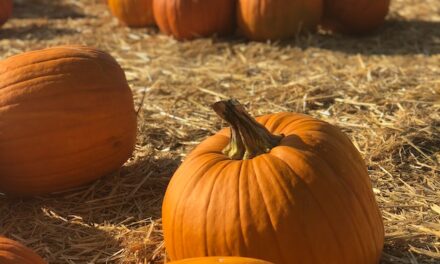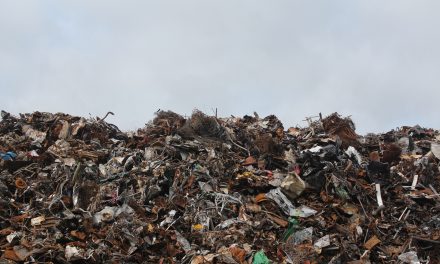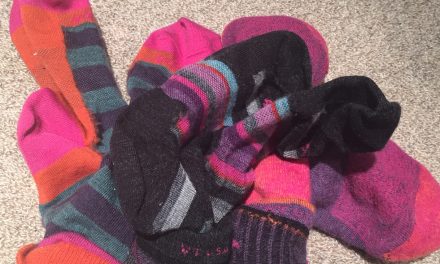There’s a simple “mantra” to keep in mind that will reduce contamination in your landscape waste and food scrap bin. Remember 5 little words: IF IT GROWS IT GOES! This will help ensure that the material that goes to the compost facility is free of contamination and doesn’t end up in the landfill instead.
Some might think that there is a magic machine that sorts all the contaminants from the organics at composting facilities, but the truth is that no reliable or affordable device of this kind exists. The screening of non-compostable materials from the organics that we send to composting facilities is OUR responsibility and we need to do the best job that we can. Trash such as chip bags should be collected and put in the trash before running your mower over the grass; that material contaminates the compost that the clippings will become. If you have a lawn service, please walk the property to remove potential contaminants before they attend to your property. Each produce label is small, but they do not degrade in the composting environment and end up as a contaminants in the final compost products. Reducing contamination protects the quality of the compost products. This is a necessary practice if we aspire to increase the large scale composting infrastructure in Illinois and increase our ability to compost food scraps.
Please follow this link to read and download two versions of a PSA which the Illinois Food Scrap Coalition (IFSC) has prepared to help you better understand and differentiate compostable material from contaminants. The IFSC invites you share the message as broadly as possible to help us teach people how to reduce contamination in the compost cart. If you have any additional questions please feel free to engage with the Illinois Food Scrap Coalition or contact me directly (benjamin@compostingpartners.com) .
Benjamin Krumstok, Illinois Food Scrap Coalition





